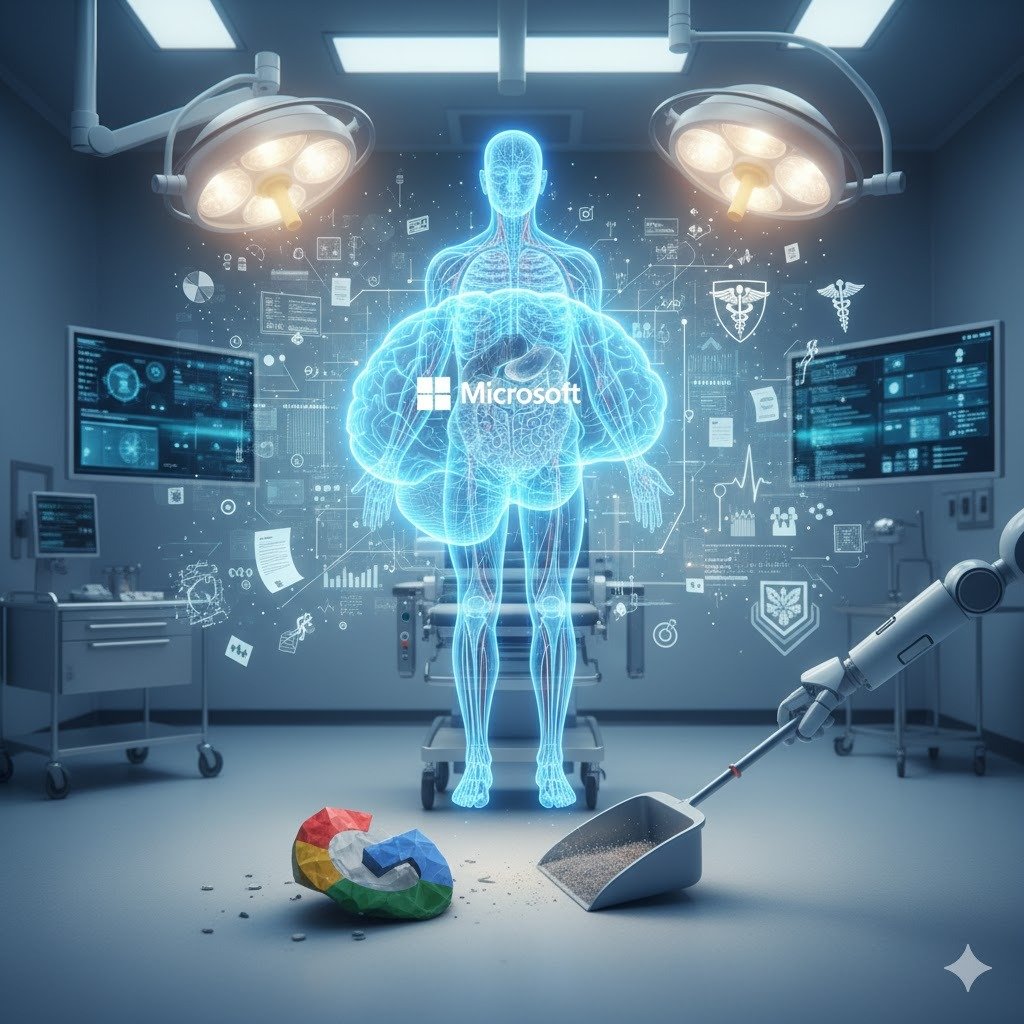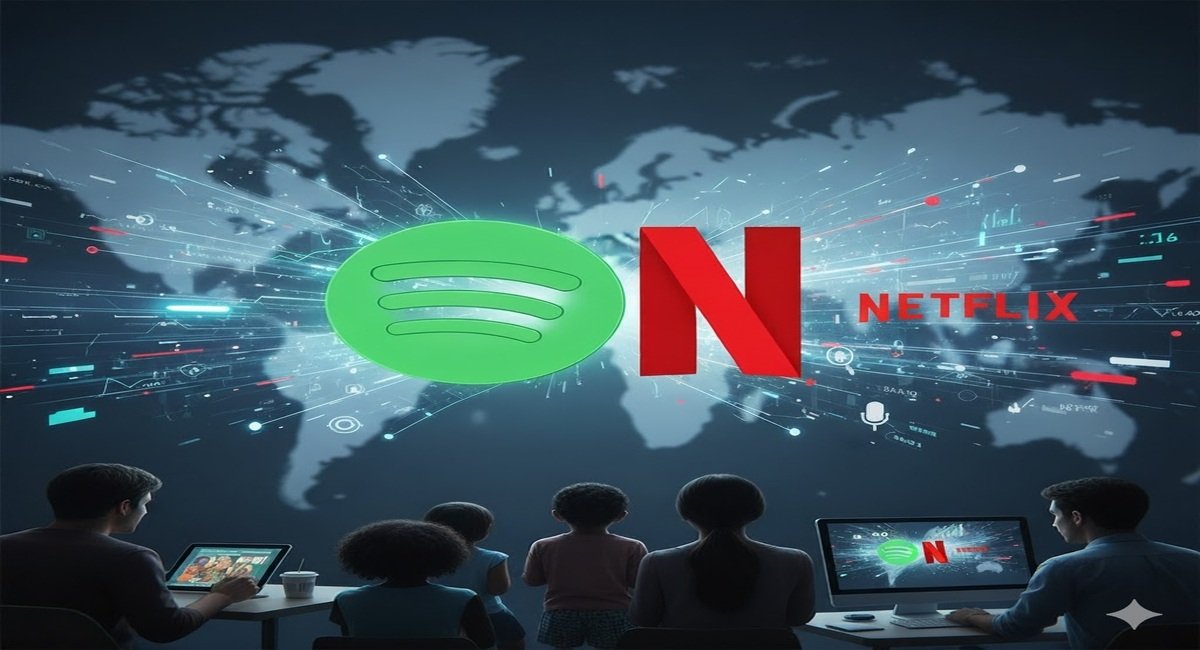Sign Up For Free To Keep Reading
Big Tech is officially scrubbing up. Microsoft is teaming up with Harvard Medical School to make its Copilot AI a smarter, safer place for health questions. The latest update, set to roll out this month, will integrate content from Harvard Health Publishing, turning Copilot into a more trustworthy source for users seeking information on conditions like diabetes or mental health. Microsoft is paying Harvard a licensing fee to access this vetted content, aiming to close the credibility gap that has long plagued AI chatbots in healthcare. This move also signals Microsoft’s broader push to lessen its reliance on OpenAI, which currently powers much of Copilot’s intelligence. At the same time, it raises new questions about what happens when a tech company starts handing out health advice—even when that advice is dressed up in citations from one of the most prestigious medical institutions in the world.
Strengthens Microsoft’s Position In Healthcare AI, A High-Growth Sector
Healthcare is one of the most promising—and difficult—frontiers for artificial intelligence. With aging populations, ballooning healthcare costs, and an acute shortage of medical professionals, there’s a growing demand for tools that can deliver information and reduce administrative burdens. Microsoft sees this opening and is driving hard into the sector.
By licensing Harvard Health Publishing content, Microsoft adds a layer of credibility that’s rare in consumer-facing AI tools. Unlike most AI models, which scrape public web data and sometimes hallucinate (that’s AI-speak for “make stuff up”), Copilot will now have access to trusted, medically reviewed material. That’s a huge differentiator when users are asking whether they should be concerned about a rash or how to manage their blood sugar. And the integration comes on the heels of Microsoft’s breakout success with Dragon Copilot in clinical settings—physicians at Mercyhealth saved over 100,000 hours using its ambient AI documentation tools.
From a growth perspective, this is fertile ground. Microsoft is already embedded in the healthcare back office through Azure and Dynamics. Now it’s aiming for the front line: consumer health advice. If it works, Copilot could be a fixture in both your doctor’s office and your living room.
Reduces Reliance On OpenAI, Signaling Greater Strategic Independence
Microsoft and OpenAI are still partners, but the vibe is changing. Despite a tentative agreement to renew their partnership, Microsoft has been quietly ramping up efforts to go solo. It’s staffed up an internal AI lab, hired engineers from DeepMind, and launched its own models through Azure AI Foundry. The Harvard partnership reflects this shift: it’s not just about smarter answers—it’s about building Microsoft’s own identity in AI.
Right now, Copilot still leans heavily on OpenAI’s models like GPT-4 and GPT-5. But Microsoft is already using models from rivals like Anthropic in its 365 suite and has plans to train proprietary models for specific domains. In fact, the company has started testing homegrown models inside Copilot and is serving over 500 trillion tokens annually through Foundry APIs—much of that outside of OpenAI’s footprint.
In that context, healthcare becomes a testbed for Copilot’s independence. If Microsoft can make Copilot deliver useful, accurate, and safe advice in a regulated domain like medicine—without heavy lifting from OpenAI—that’s a statement. It’s not just diversifying the AI stack; it’s slowly cutting the cord. Think of it as Microsoft’s version of growing up and moving out, even if OpenAI still pays part of the rent.
Signals Intent To Make Copilot A Go-To Consumer Brand
Until now, Copilot’s biggest wins have been in the enterprise—think Barclays rolling it out to 100,000 employees, or UBS expanding access to all staff. But the real money is in scale, and that means going direct to consumers. Enter healthcare. It’s one of the few topics where people instinctively ask questions daily—and where trust matters deeply.
Copilot has been downloaded 95 million times. That’s impressive, but still a fraction of ChatGPT’s billion-plus installs. To catch up, Copilot needs relevance and routine. Health advice provides both. When users start relying on Copilot to check symptoms, interpret blood pressure readings, or find a local specialist, it creates a habitual relationship—one that’s sticky and highly monetizable over time.
Microsoft is also layering in tools that go beyond Q&A. One upcoming feature will let Copilot recommend doctors and specialists nearby, filtered by insurance compatibility. That’s not just helpful—it’s strategic. It takes Microsoft one step closer to being a health navigation hub, a space that Apple, Amazon, and Google have all tried (and struggled) to crack. If Microsoft gets it right, it won’t just make Copilot smarter—it’ll make it necessary.
Regulatory & Liability Risks Could Rise As Microsoft Enters Sensitive Health-Advice Territory
There’s a reason most tech companies tiptoe around medical advice: it’s legally messy and ethically fraught. Microsoft’s Copilot, even armed with Harvard-vetted data, could still offer answers that mislead or harm users. And that’s not a hypothetical concern. A 2024 Stanford study found that ChatGPT gave inappropriate medical answers 20% of the time. With real people relying on these tools, that margin of error becomes a potential liability.
So while integrating Harvard Health Publishing is a step forward, it’s not a free pass. Health regulators could take a closer look at Copilot’s advice, especially if users start acting on it instead of calling their doctor. And it’s unclear how Copilot will handle more sensitive areas like mental health, where bad advice can have serious consequences. Microsoft has declined to share details on how it will approach these topics, but the scrutiny will only grow as Copilot becomes more embedded in users’ daily lives.
There’s also the risk of overconfidence. The more Copilot sounds like a doctor, the more likely users are to treat it like one—even if it’s just aggregating articles. Microsoft will need to tread carefully to avoid turning a credibility boost into a compliance nightmare.
Final Thoughts: A Smart Strategic Move, But Not Without Risk
Microsoft’s partnership with Harvard is a bold next step in its AI evolution. It adds depth to Copilot’s capabilities, enhances trust with users, and aligns with broader goals to lessen dependence on OpenAI. It’s also a clear signal that Microsoft is aiming to dominate not just the workplace, but also the home screen. If it can win consumer trust in a field as delicate as healthcare, Copilot could become a platform, not just a product.
But the path forward isn’t without obstacles. Regulatory challenges loom large, especially as AI tools blur the lines between information and medical advice. Microsoft will need to balance speed with responsibility—a tricky task when growth expectations are high and competition is fierce.
From a valuation standpoint, Microsoft isn’t cheap. As of early October 2025, the company trades at 38.3x LTM earnings and 30.35x LTM EBIT, well above market averages. That kind of multiple assumes near-flawless execution in AI, cloud, and now healthcare. If Microsoft delivers, the Harvard deal could be another feather in its cap. If not, it could be a high-profile misstep in an area where mistakes have consequences.
Either way, Microsoft’s Copilot is no longer just answering emails—it’s answering health questions. And that changes everything.






